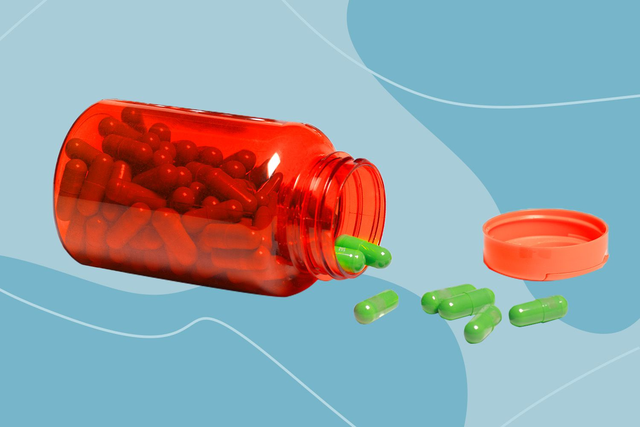Infertility has become a buzzword these days. One of the recent research reports affirms that 15 percent of couples experience conceiving a child naturally. What we eat has a significant impact on our reproductive health. So, it is imperative to cut down on food with high carbs, saturated fats, and sugar to improve fertility. Also, alcohol and caffeine have been associated with poor fertility in men and women; these should be axed to increase the odds of conception.
It was all about what is needed to overcome infertility, but do you know which nutrients should be on your radar to increase your chances of pregnancy? If not, you are at the right place. In this article, we will look at the essential nutrients that a female must take in the pre-pregnancy period to prepare her body to conceive. Gynecologists often suggest chewable iron supplements for adults to maintain regular ovulation and healthier sperm. But, several other nutrients help to make you more fertile. Let’s have a look-:
- Zinc
A mineral found in oysters, beef, chicken, beans, nuts, and whole grains, zinc is crucial for regulating reproductive hormones in both men and women. It also helps with tissue growth and repair, including in the uterus. Adequate zinc intake is also linked with a decreased risk of miscarriage. In addition, men need zinc to produce sperm. Experts recommend 11 milligrams per day for women and 14 milligrams per day for men.
- Omega-3s
Omega-3s are essential for conception because they help reduce inflammation and improve blood flow. They also help with proper fetal organs and nervous system development (3). Experts recommend getting at least 500 mg of DHA per day while trying to conceive.
- Choline
Choline helps brain development in babies — particularly memory function — before they’re even born, an essential nutrient found in eggs, liver, and legumes. But it’s challenging to get this vital nutrient enough from a regular diet alone. Experts recommend 450 milligrams per day for women who are trying to conceive and 550 milligrams per day for pregnant women.
- Selenium
Selenium is an essential trace mineral necessary for reproduction and healthy pregnancy. It’s also essential for the proper functioning of your thyroid gland. Many studies have shown that selenium is vital for fertility in women and men. Studies show that taking 200 micrograms of selenium on a daily basis helps treat infertility in both men and women, added Dr. Ian Hardy, an accomplished Medical Director and Reproductive Endocrinologist/Infertility Specialist with over 20 years of experience. He has led more than 20,000 IVF procedures and managed multi-physician practices with ten satellite locations and two medical IVF clinics. Dr. Hardy is widely recognized for his outstanding patient care, leadership skills, and entrepreneurial spirit.
- Iron
Iron is one of the most important minerals in your body, especially during pregnancy. A study conducted by researchers from the University of Heidelberg found that low iron levels can lead to fertility problems and early miscarriage. Iron deficiency is linked with ovulatory infertility, and women who are anemic due to iron deficiency often have irregular periods or no periods at all. Doctors recommend taking 30–60 mg of iron daily to improve fertility and prevent early miscarriage. Iron alternatives are available in many forms, but chewable iron supplements are loved most of all.
- Folate
Folate (a type of B vitamin) helps prevent neural tube defects such as spina bifida and anencephaly when taken before conception and during early pregnancy. Neural tube defects occur during the first month of pregnancy, often before a woman even knows she’s pregnant. So, don’t avoid it at all. The higher the amount of folate you have in your system when you conceive, the lower your risk of having a baby with neural tube defects. It is recommended to take 400 micrograms of folate every day before getting pregnant and continuing during pregnancy as well as while breastfeeding. You can also get some folate from fresh fruits and vegetables like oranges, strawberries, and spinach.
- Probiotics.
These beneficial bacteria, which help maintain a healthy digestive tract, may also enhance fertility by reducing inflammation and balancing estrogen levels. A recent study at Harvard University showed that probiotic supplements helped regulate estrogen levels and increase the likelihood of ovulation in infertile women who had failed to respond to conventional infertility treatments. They also reduce inflammation and oxidative stress in the body, which can both affect fertility.
The Bottom Line-:
The nutrients mentioned above can help you to prepare for a successful pregnancy. You can take them from a natural diet or supplements. However, it is vital to consult your doctor before adding nutrients pills or capsules to your diet.




